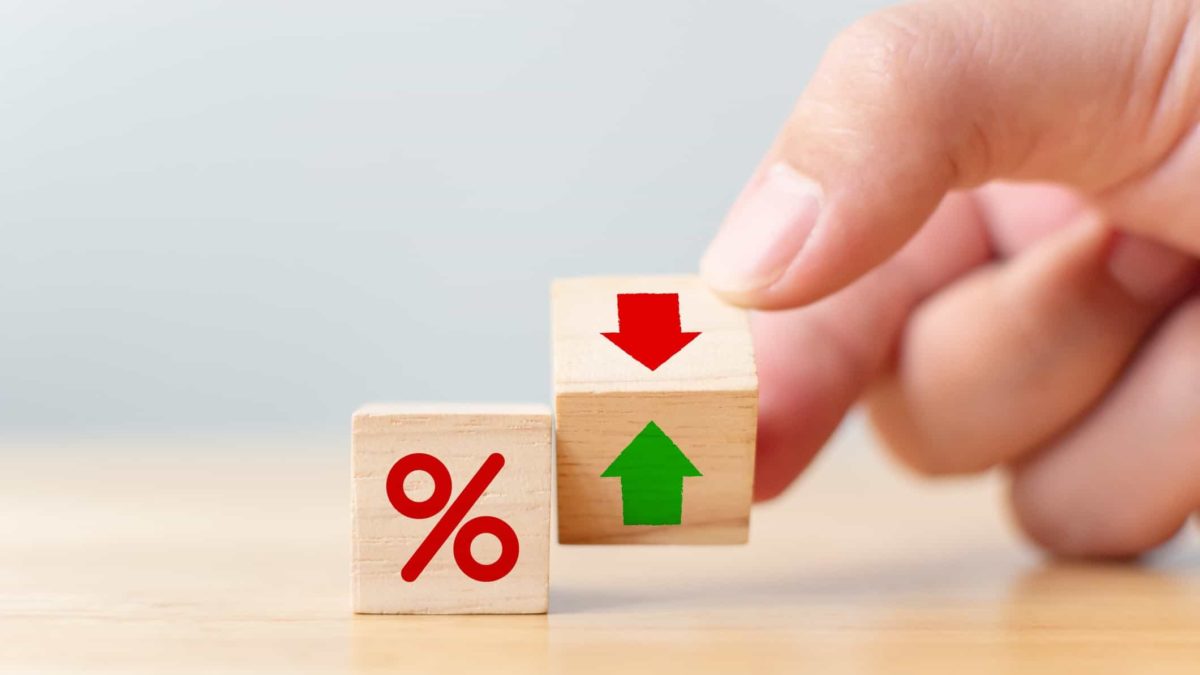The Reserve Bank of Australia (RBA) has made its final decision for 2021 – interest rates were kept at 0.1%. But, the RBA did remove the reference to keeping interest rates where they are until 2024.
For many months, the RBA boss Dr Lowe has been telling the market that the Australian interest rate wasn't going to budge for years.
Just last month, in the RBA's monthly update, it said:
If the economy evolves in line with the central scenario, wages growth is expected to have edged up to around 3 per cent and underlying inflation would have only just reached the middle of the 2 to 3 per cent target band by the end of 2023, for the first time in seven years. Depending on the trajectory of the economy at that time, the Board judges that this outcome could be consistent with the first increase in the cash rate being in 2024.
If inflation and wage growth were faster than expected, then the RBA admitted that a rate rise could happen in 2023. But, the data and forecasts did not warrant an increase in the cash rate in 2022.
Commenting on the lack of an interest rate change, Harley Dale, Chief Economist at CreditorWatch, said:
The RBA may well be contemplating the prospect of interest rates rising sooner than officially conveyed for such a long time now, but they seem happy to play Santa for now.
Conjecture regarding when the RBA will move is only going to escalate in 2022. That in and of itself is not helpful for household and, especially business confidence.
December meeting: inflation increases
In today's statement for the December update, the RBA noted that the Australian economy is recovering from the setback caused by the Delta outbreak. High rates of vaccination and substantial policy support are helping this recovery. It doesn't think that Omicron will derail the recovery.
Household consumption is "rebounding strongly" and the outlook for business investment has improved.
The central bank noted that leading indicators point to a strong recovery in the labour market and that further pick-up in wages growth is expected as the labour market tightens.
Regarding inflation, the RBA said:
"Inflation has increased, but, in underlying terms, is still low, at 2.1%. The headline CPI inflation rate is 3% and is being affected by higher petrol prices, higher prices for newly constructed homes and the disruptions in global supply chains. A further, but only gradual, pick-up in underlying inflation is expected. The central forecast is for underlying inflation to reach 2.5% over 2023."
The RBA noted that house prices have increased strongly, though the rate of increase has slowed and housing loan commitments have declined.
At the February meeting, the RBA "will consider its bond purchase program".
The RBA said the board will not increase the cash rate until actual inflation is sustainably within the 2% to 3% target range. The board is prepared to be patient because it believes this will take some time.
What does this mean for ASX shares?
The S&P/ASX 200 Index (ASX: XJO) rose in the afternoon after the latest statement. At the time of writing it is up more than 1%.
Looking at the biggest ASX shares, the Commonwealth Bank of Australia (ASX: CBA) share price is up 0.2%, the BHP Group Ltd (ASX: BHP) share price is up 1%, the Wesfarmers Ltd (ASX: WES) share price is up 0.5% and the Westpac Banking Corp (ASX: WBC) share price is up 1.2%.
It's anyone's guess what's going to happen over the long-term with interest rates.
But as Warren Buffett once said, interest rates are like gravity:
The value of every business, the value of a farm, the value of an apartment house, the value of any economic asset, is 100% sensitive to interest rates because all you are doing in investing is transferring some money to somebody now in exchange for what you expect the stream of money to be, to come in over a period of time, and the higher interest rates are the less that present value is going to be. So every business by its nature…its intrinsic valuation is 100% sensitive to interest rates.








